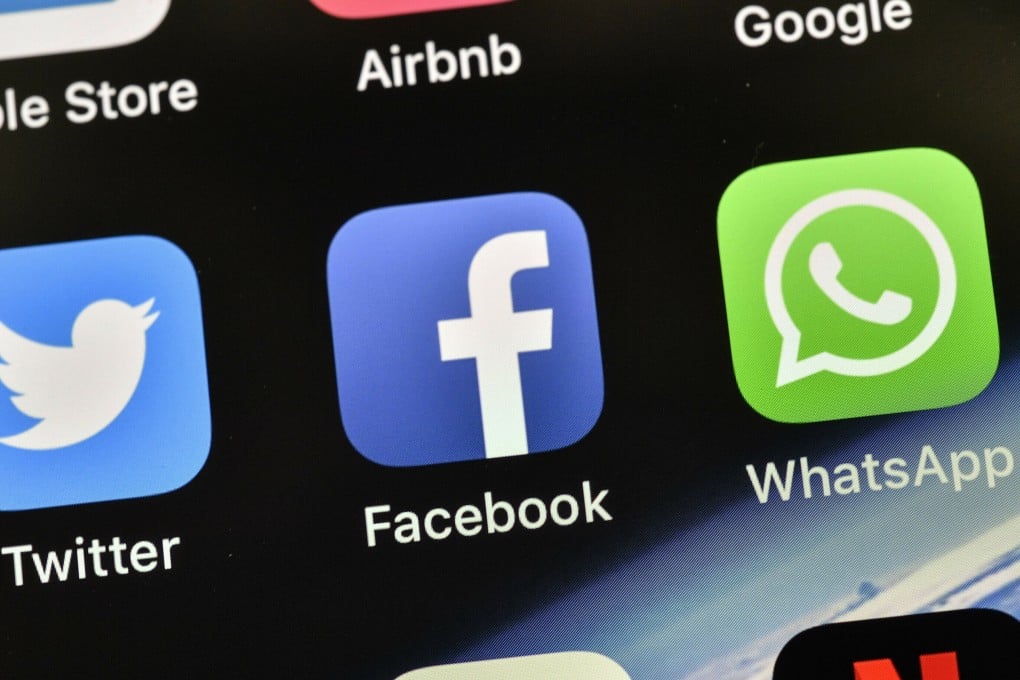National security law: social media giants refusing to cooperate with Hong Kong police may have to make exit plans, analysts say
- Worst-case scenarios could see sites like Google or Facebook blocked in Hong Kong, while the city’s politicised status could see them pressured from two sides
- But government says there is ‘nothing unique’ about new security law’s demands, arguing many jurisdictions have comparable legislation

Social media giants’ reluctance to hand over user data to Hong Kong police in national security cases could prompt the government to block their sites in a worst-case scenario or see them relocate, analysts warned, as the firms presented, for now, a united front against such requests.
TikTok, which said it made the decision “in light of recent events”, is owned by Beijing-based ByteDance, the world’s most valuable start-up. Last August, the app reported having 150,000 users in Hong Kong.
Zhang Nan, chief executive of ByteDance China, on Tuesday said TikTok’s Chinese version, Douyin, would continue to provide services to Hong Kong users.
Is it better to upset the Hong Kong police and the government, or is it better to upset their home market in the US? So maybe it is better for them to leave Hong Kong completely
While the company currently has no plan to make the service available in Hong Kong app stores, Douyin has local users who have downloaded it from mainland China, according to a person familiar with the matter.